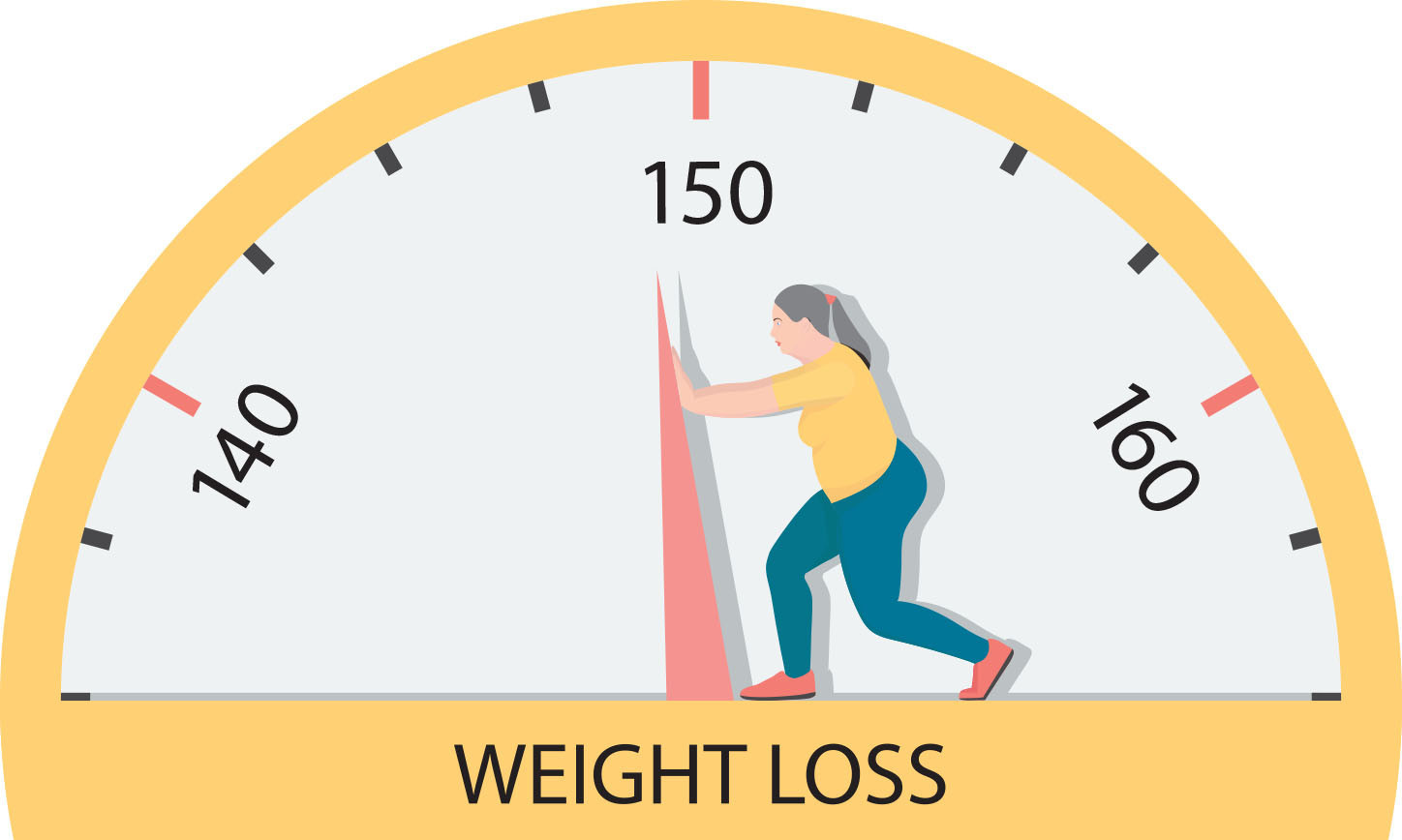
How — and why — to fit more fiber and fermented food into your meals

UTI in older women: Why postmenopausal women are susceptible to urinary tract infection, and what to do about it

Can a routine vaccine prevent dementia?

Some adults may need a measles booster shot. Who should get one and why?

Less butter, more plant oils, longer life?

Healthier planet, healthier people

Counting steps is good — is combining steps and heart rate better?

Appendix pain: Could it be appendicitis?

Can saw palmetto treat an enlarged prostate?

How does Ozempic work? Understanding GLP-1s for diabetes, weight loss, and beyond
Exercise & Fitness Archive
Articles
How does sleep affect your heart rate?
During waking hours you may feel your heart rate fluctuating, and activity or intense emotions can cause it to spike. But what happens to your heart rate when you sleep? It varies then too, depending on the phase of sleep you are in.
The no-drug approach to mild depression
Looking for a boost or alternative to antidepressant medicines? Here are four therapies that may help relieve your symptoms.
Image: © RgStudio/Getty Images
Many people suffer bouts of mild or moderate depression as they age. Health issues and the loss of a spouse, family member, or friend are common triggers that can lead to persistent sadness and loss of enjoyment.
While antidepressants like selective serotonin reuptake inhibitors (SSRIs) can be helpful to relieve and control symptoms, they are not always the right choice.
Exercise matters to health and well-being, regardless of your size
Regardless of your size or fitness level, exercise has multiple benefits. Almost anything that gets you moving counts, and some activity is always better than none. These suggestions can help you make exercise work for you.
Tips to keep lost weight off in the New Year
Work with your body, not against it, for long-term weight maintenance.
For many people, their New Year's resolutions include some sort of weight-loss goal. However, while extra pounds often come off, evidence shows they rarely stay off. Among overweight or obese people who are able to lose 10% of their body weight, just one in six is able to maintain the weight loss for at least a year.
Experts say it's not surprising that weight loss rarely sticks, considering what they now know about how the body works. "Most people believe that obesity is caused by overeating, while we now recognize that the main driver of obesity is one or more disruptions in the body's normal regulation of the amount of fat we maintain," says Dr. Lee Kaplan, an associate professor of medicine at Harvard Medical School and director of the Obesity, Metabolism, and Nutrition Institute at Massachusetts General Hospital.
We’re supposed to make resolutions now?
After everything that has happened in 2020, making New Year’s resolutions might be too much to expect of many. Setting goals for the coming year seems like too much to ask right now. Is it okay to just give yourself a break this year? Or is there another way of looking at the whole situation?
The beat goes on
Learn when, how, and why you should keep track of your heartbeat.
Soon after you wake up tomorrow morning, before you even sit up in bed, take your pulse. It's fairly easy if you have a clock or timer nearby (see "Measuring your heart rate"). Known as your resting heart rate, this value ranges from 60 to 100 beats per minute in most adults.
"To get a good sense of your resting heart rate, check it every few mornings over the course of several weeks," advises cardiologist Dr. Aaron Baggish, director of the Cardiovascular Performance Program at Harvard-affiliated Massachusetts General Hospital. It's best to measure your resting heart rate when you've been getting your typical amount of sleep and exercise and aren't feeling ill or dehydrated.
It’s not too late to get in better shape
No matter what your age, you can improve your fitness.
If it's been a long time since you've exercised and you're feeling less than fit, you might think that it's too late to make a change. But you're wrong. You can improve your fitness at any age.
"The stories in this area are actually very dramatic. Even people 100 years old or older can build muscle strength," says Dr. Edward Phillips, assistant professor of physical medicine and rehabilitation at Harvard Medical School.
Harder workout intensity may not increase your longevity
Research we're watching
Good news if you take a more leisurely approach to your workouts: a recent study found that people who performed harder workouts didn't live any longer, on average, when compared with people who did more moderate workouts. Researchers studied a group of people in Norway who participated in five years of supervised exercise training. The participants included 790 women and 777 men (with an average age of 73), divided into three groups. Everyone followed federal recommendations to get 30 minutes of moderate exercise on most days of the week. But in addition to that, one group received two supervised weekly sessions of high-intensity interval training. A second group added two supervised moderate-intensity continuous training workouts per week. All three groups continued their assigned workouts for five years.
At the conclusion of the trial, 4.6% of the participants had died, but there was no significant difference in death rates between the group that followed the modest federal exercise recommendations and the two groups that did the more intense workouts. In addition, all groups had similar levels of cardiovascular disease and deaths from cancer. However, that's not to say that participating in regular high-intensity workouts wasn't linked to any benefits. The participants who did the harder workouts had better outcomes on certain measures of mental health and physical fitness.
Taking steps to avoid high blood pressure
Research we're watching
Walking even at a "casual" pace — covering a mile in 30 minutes — five days a week may lower the odds of high blood pressure in postmenopausal women, a new study finds.
Researchers relied on data from more than 83,000 women ages 50 to 79 who did not have high blood pressure. When they joined the study, they filled out questionnaires about their walking speed and duration. This was followed by yearly questionnaires that included checking for a diagnosis of high blood pressure.
Get FITT to better fight heart disease
If you've been diagnosed with heart disease, the FITT approach can reduce your risk for heart attack and stroke.
About half of all Americans have at least one of the key risk factors for heart disease, such as high cholesterol, high blood pressure, and excess weight.
You can address those risks with a heart-healthy diet and medications to lower blood pressure and cholesterol levels. But perhaps the biggest boost you can give your heart is regular aerobic exercise.

How — and why — to fit more fiber and fermented food into your meals

UTI in older women: Why postmenopausal women are susceptible to urinary tract infection, and what to do about it

Can a routine vaccine prevent dementia?

Some adults may need a measles booster shot. Who should get one and why?

Less butter, more plant oils, longer life?

Healthier planet, healthier people

Counting steps is good — is combining steps and heart rate better?

Appendix pain: Could it be appendicitis?

Can saw palmetto treat an enlarged prostate?

How does Ozempic work? Understanding GLP-1s for diabetes, weight loss, and beyond
Free Healthbeat Signup
Get the latest in health news delivered to your inbox!
Sign Up











